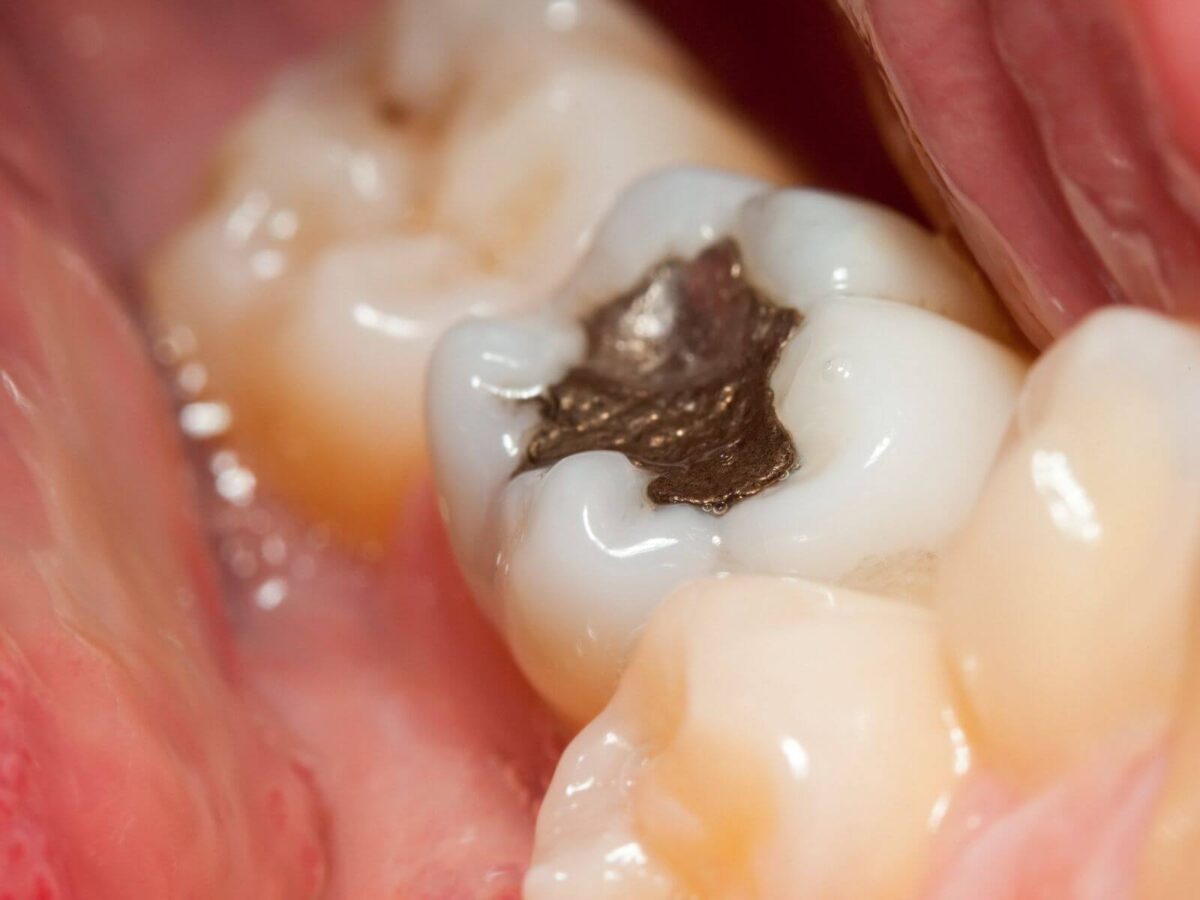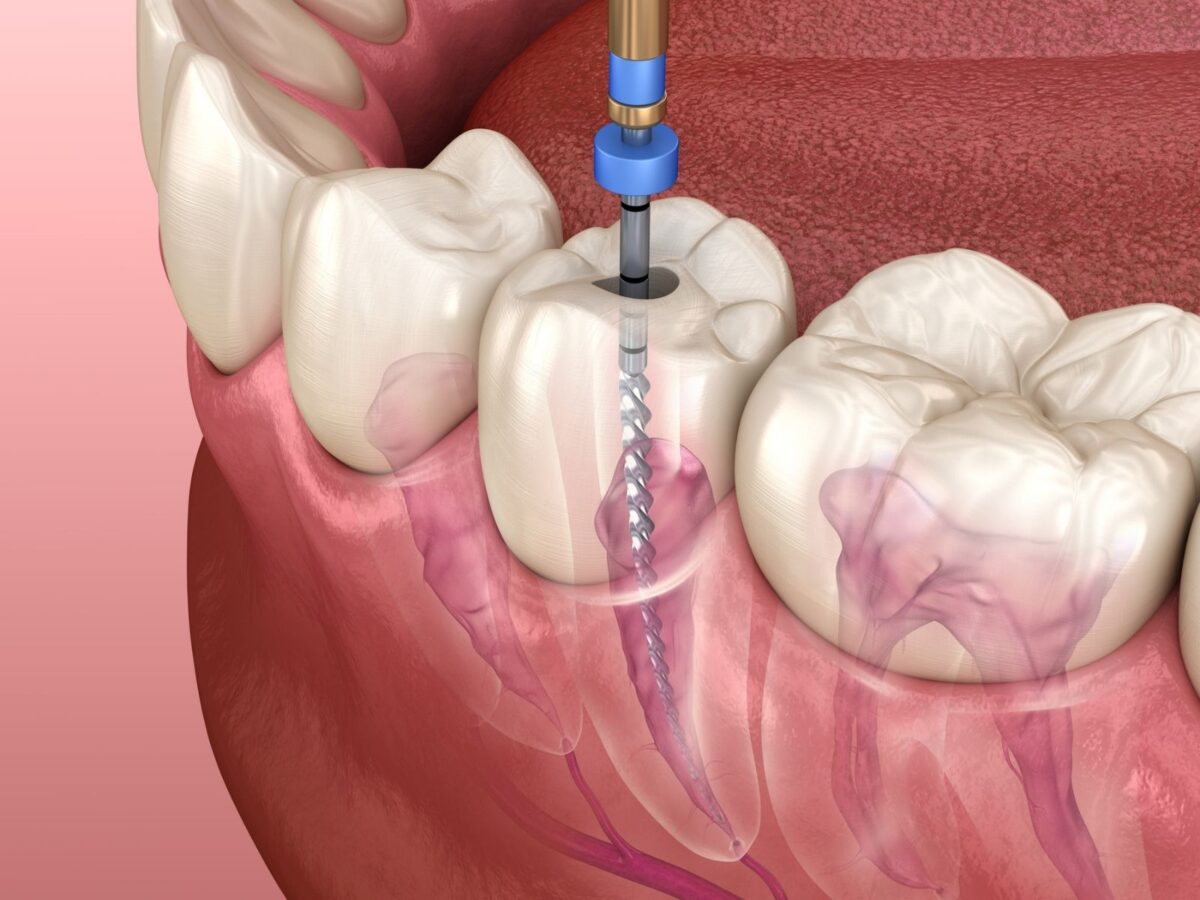Do you have sensitivity or pain in the teeth or your gums? If you have areas visible on your teeth that are hollow, black, or decaying, then you have cavities. If so, it is time for a dental filling! If these signs are not heeded, more harm is done, and more procedures must be done on one’s teeth. In this blog post, we will look at 5 signs suggesting that you require dental fillings. It is never too early or too late for oral health – read on and learn how!
What are Dental Fillings?
Dental fillings are placed to repair teeth ravaged by dental caries. The filling material is used to fill the cavity created on the tooth to avoid further decay on the said tooth. The varieties of dental fillings include amalgam, which is silver, tooth-colored composite resin, gold, and porcelain.
Well, the average dental insurance policies pay for the dental filling. However, the filling material may offset this, which the client will have to pay for from his pocket. For instance, silver fillings cost less than composite and gold fillings.
A filling is a dental treatment carried out when the teeth have some decay or small defects. If you have a cavity, your dentist will probably advise you to get a filling done. He also indicated that fillings can be applied to fix damaged teeth, including cracked and chipped ones.
Today, several fillings are used, such as amalgam fillings (silver), composite (tooth-colored), and gold fillings. It is your dentist’s responsibility to determine the filling type most suitable for you.
The overwhelming majority of individuals require at least one dental filling during their lifetime. You may not require a filling if you have never had a cavity or other tooth damage. However, if you ever have cavities, you should do your best to fill them as soon as possible so that they won’t further ruin your teeth.
5 Signs That You Need Dental Fillings
1. Sensitivity/Pain
Dental sensitivity and pain are usually an indication of something wrong with your oral health. The feeling of sensitivity in your teeth is usually normal. Still, it ought to be something that an individual isn’t very comfortable with since it may indicate a more severe dental difficulty. If this pain seems as though it is originating from a specific tooth, then you must visit the dentist. You might need a filling, or if the tooth is now gravely infected right to the root, you might need a root canal.
2. Consistent Toothache
Your dental issue may not be localized or intensely painful, at least not a lot of the time; perhaps it is just a low-grade ache that we classify as toothache. However, if this phenomenon persists for a long time, it may be a sign of a negative outcome. As such, when you think it is just a toothache, you might have a worse problem than a simple toothache. You will require the services of a dentist who will determine the cause and the appropriate treatment for your regular pain.
3. Bad Breath
One sign of developing a cavity is that you experience bad breath as the cavity forms. The deeper they become, the more difficult it is to clean, and food and other debris become lodged in the cavity. Structuring chaos for a bad odor to thrive in it. You will also discover a general taste perversion, and if an older filling has come loose, there will be a metallic one.
4. A Hole in Your Tooth
Normally, if the enamel surface of the tooth becomes worn and smooth or a hole begins to form on the tooth surface, it will be a good sign that fillings are needed. This may also be concerning if you can see a black mark emerging since this may, in the future, turn into a hole. It is a signal that you almost certainly have a cavity and should treat it as fast as you can.
5. Old Fillings Are Broken Or Decayed
Old fillings can also pose problems by becoming cracked, decaying, or even completely coming off at times. The root cause of a filling that breaks off can be attributed to many causes, but common to all is that it stems from continued tooth decay. Neglect of dental care or lack of proper care of the teeth can result in early filling release. If this is so, the filling will have to be replaced to avoid experiencing chronic pain as well as other related oral complications.
Dental Fillings Smart Tips to Follow
Taking care of the teeth and avoiding cavities, which require the use of fillers, is not a dream as many people would think. The following suggestions, based on information and practical advice, would help you develop good habits regarding dental care and food choice, as well as the meaning of regular dental check-ups.
Observing these preventative measures will reduce the likelihood of getting cavities and gum diseases; you will have little need for dental fillings.
- Floss at least twice a day, and when brushing your teeth, ensure that it takes at least two minutes and that you use fluoride toothpaste.
- Brush your tongue or use mouthwash to rinse your mouth to clear any debris you see after flossing or brushing.
- Avoid eating food and drinks that cause accumulation of tartar, plaque, and other causes of tooth decay.
- Take enough water, preferably with fluoride, to keep the mouth wet so that it somewhat rinses out food particles from the mouth.
- Dental sealant should be recommended to children to cover the molars and pre-molars to avoid further decay.
- Do not smoke or use tobacco products which cause teeth and gum deterioration.
- In sports, one should always wear a mouth guard if he or she does not wish to end up with a broken tooth or a missing tooth.
Finishing Up
The above guidelines will aid you in lowering the chances that you will need dental fillings at any time in your life. However, this is an exception because even if you follow all the precautions recommended by your dentist, you might need a dental filling at some point. Things do happen, and genetics can mean that you have teeth that are more prone to decay.
You should probably visit the Victoria Dental dentist if you show one or many of the above symptoms. We have many choices for your fillings – having a cavity filled doesn’t mean you have to have an ugly tooth!





